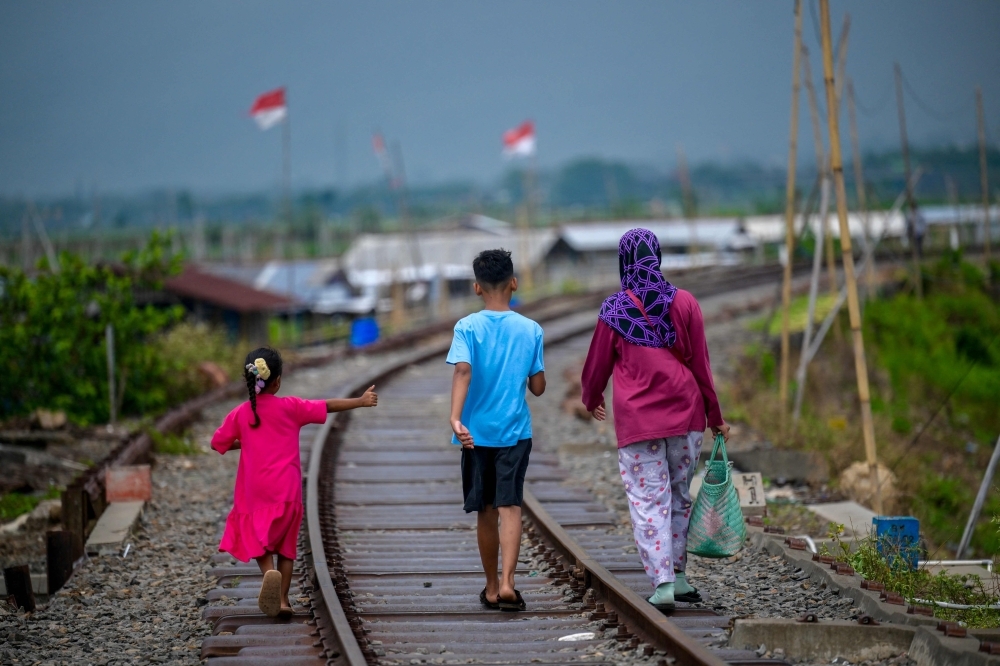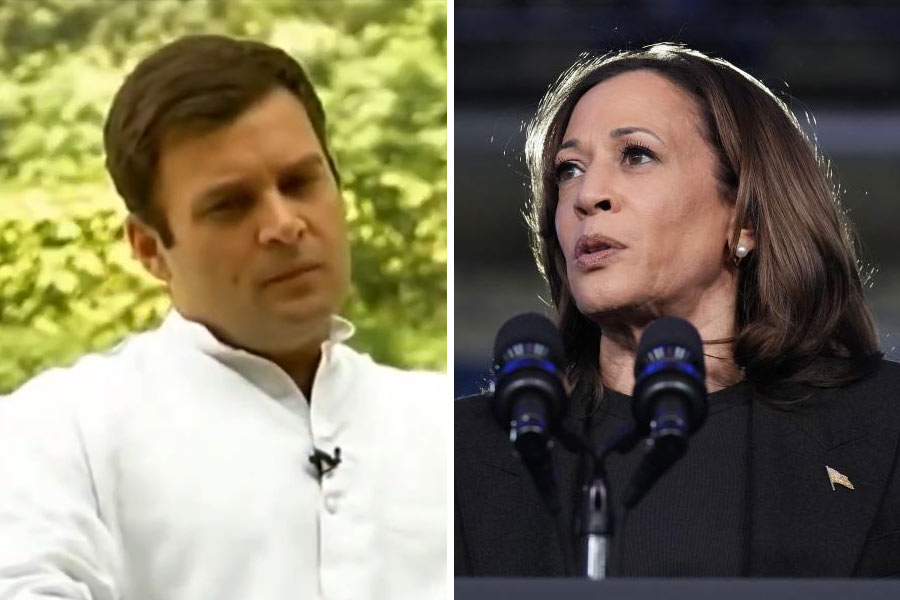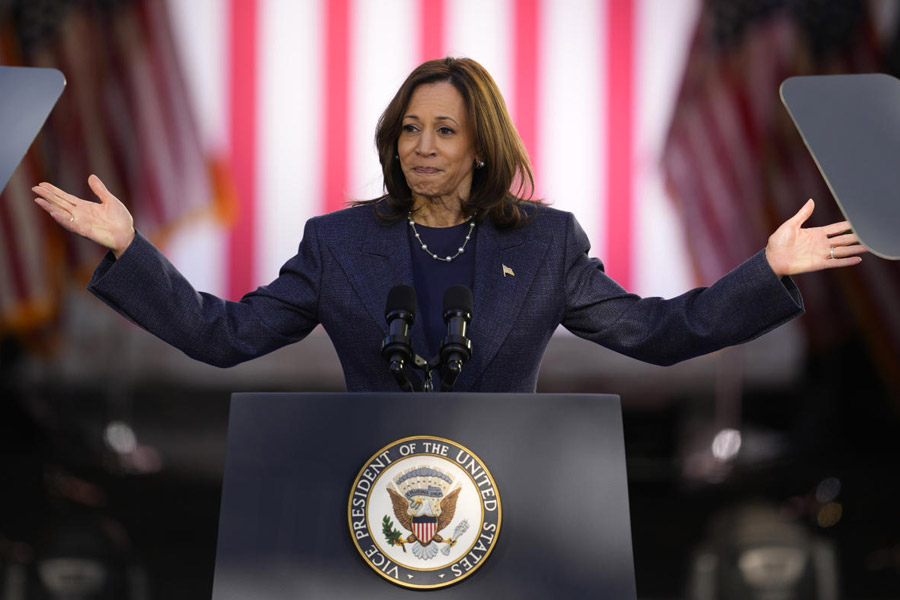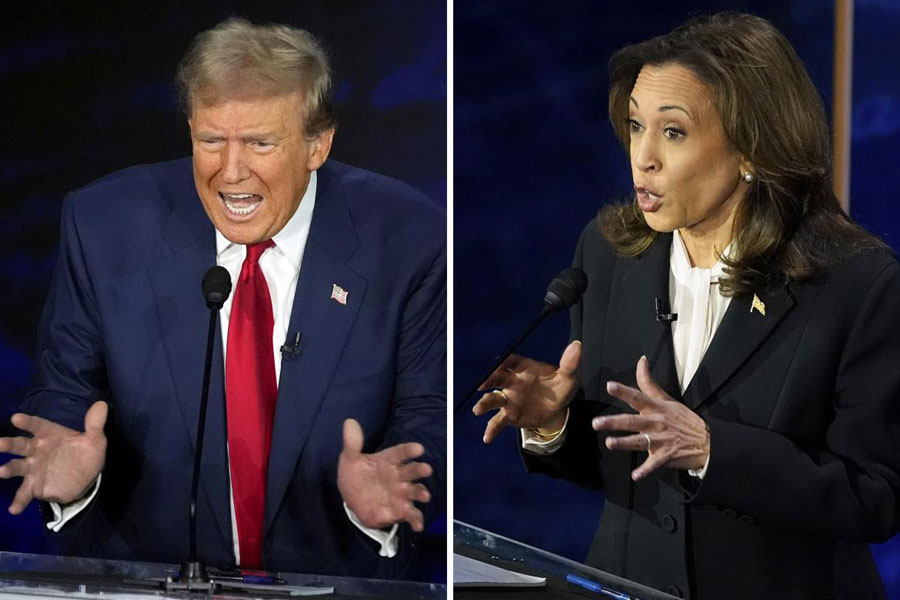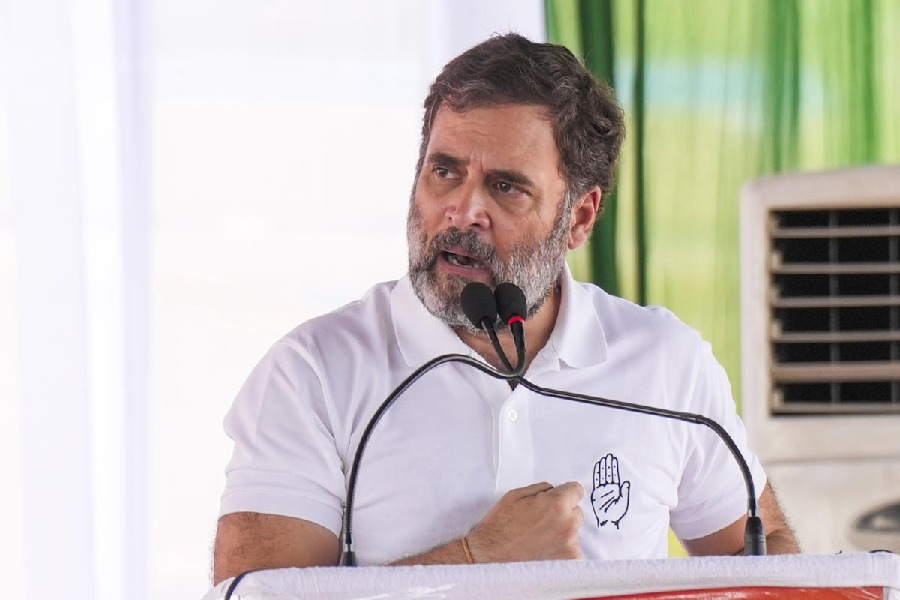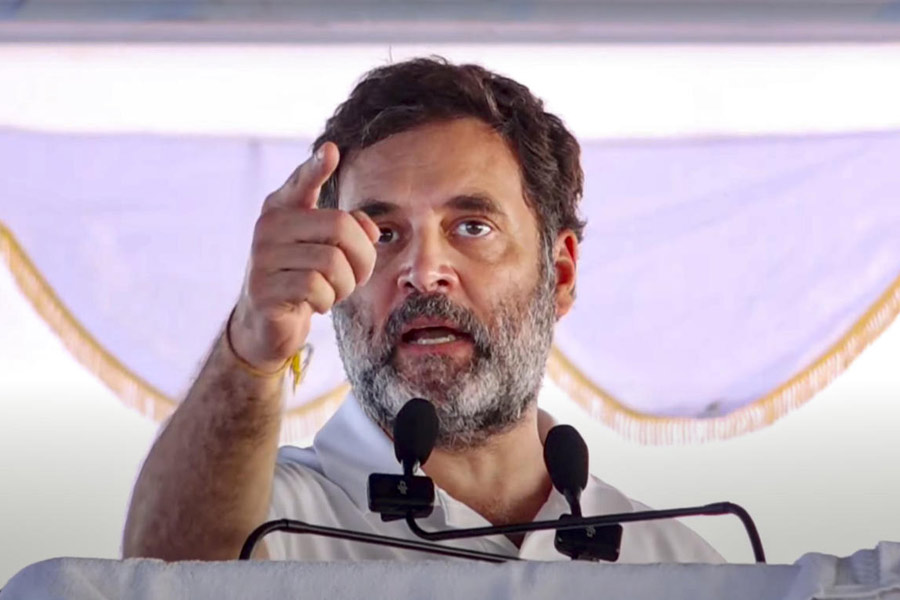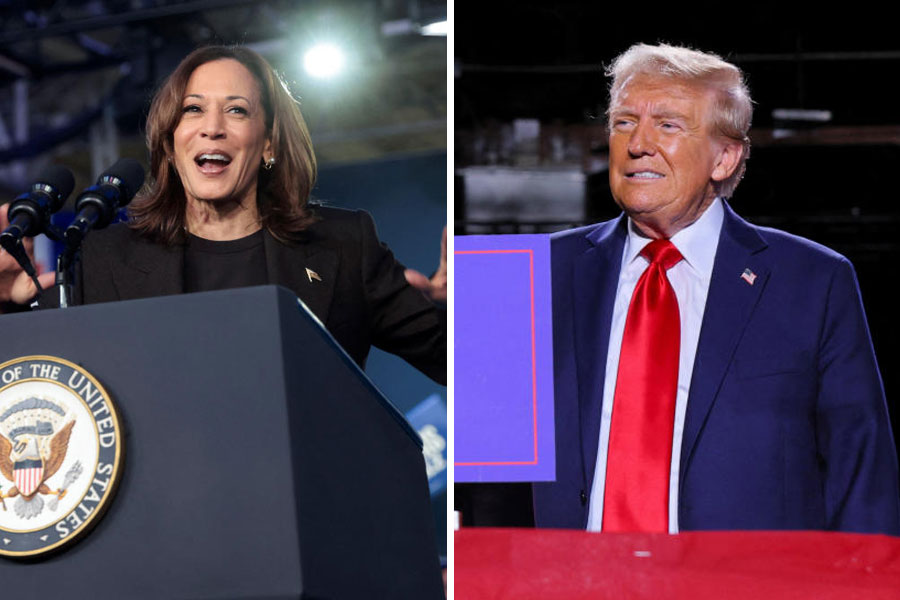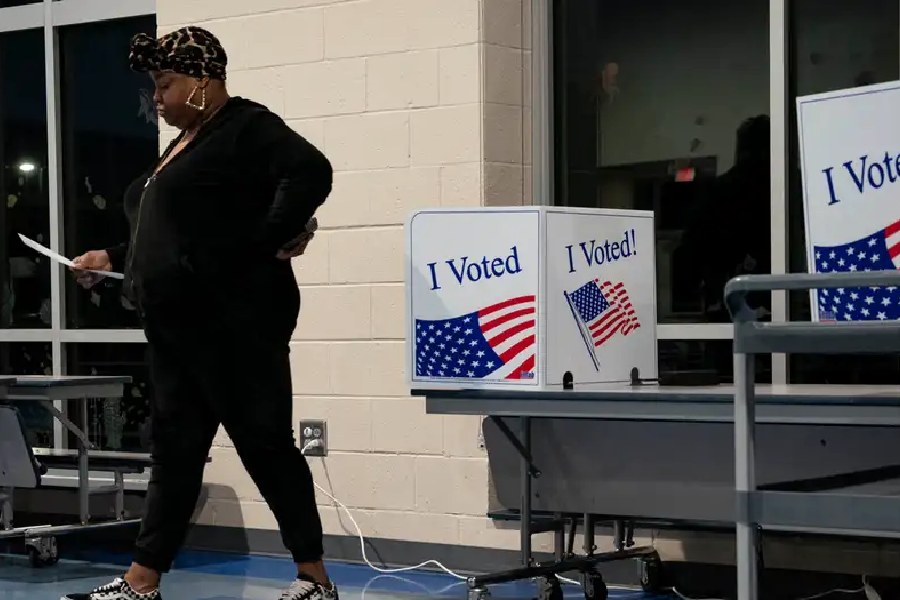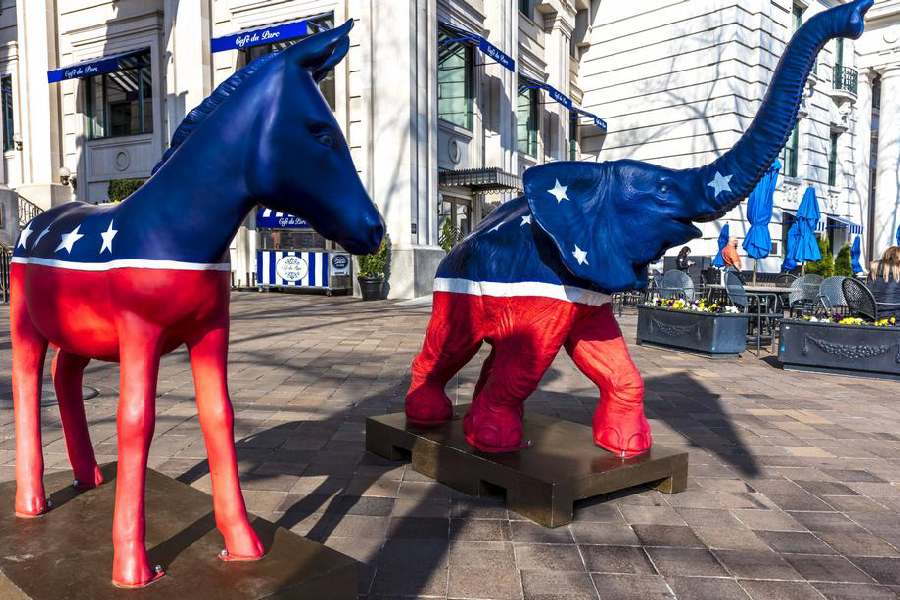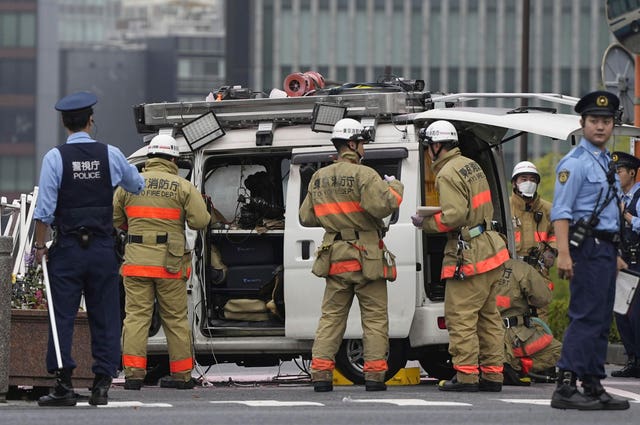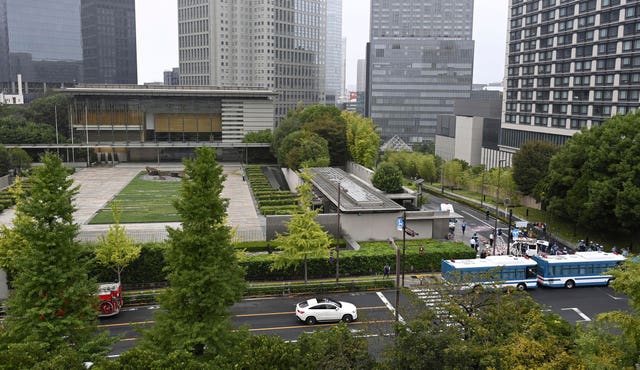Lahore, Pakistan

At least 28 students, including girls, were injured in clashes with the police. A statement issued by Rescue 1122 said that clashes erupted between security personnel and students at the Hafeez Centre Punjab College Campus, reported the Dawn newspaper.
Story highlights
On Monday (Oct 14), several students gathered outside four campuses of the Punjab
Student protests over the alleged rape of a college student in Pakistan took a violent turn on Thursday (Oct 17), when police fired tear gas and charged at the protestors. The angry demonstrators ransacked a college building Thursday as anger spread over an alleged on-campus rape in Lahore, a city in Punjab province.
Watch | Pakistan: Massive Protests Erupt Over the Alleged On-Campus Rape
Protests turned violent when hundreds of students took to the streets to demonstrate outside a campus in Rawalpindi, Punjab. They burned furniture and blocked a key road, disrupting traffic and then ransacked the building.
In response, police swung batons and fired tear gas to disperse the angry protestors, police official Mohammed Afzal said. Police also arrested 250 people, mostly students, for disrupting the peace.In Gujrat, also in Punjab province, a security guard died in clashes between student protestors and police on Wednesday (Oct 16). Police arrested one person in connection with the death.
Thursday’s protest took an unexpected turn, prompting the government to shut schools, colleges and universities for two days.
Sexual violence against women is common in Pakistan, but protests about the issue have been rare. The Sustainable Social Development Organization said last month that there were 7,010 rape cases reported in Pakistan in 2023, almost 95% of them in Punjab.
How student protests spread from Pakistan’s Lahore to other cities?
On Monday (Oct 14), several students gathered outside four campuses of the Punjab Group of Colleges in Lahore to protest over the alleged rape of a student from Lahore Women's College. The news soon spread on social media and protests broke out in four more cities of Punjab Province.
Mauz Ullah, a student at the college where the woman was allegedly raped, said they were protesting to seek justice for her when police came and started baton-charging students.
At least 28 students, including girls, were injured in clashes with the police. A statement issued by Rescue 1122 said that clashes erupted between security personnel and students at the Hafeez Centre Punjab College Campus, reported the Dawn newspaper.
Authorities, including the province’s chief minister, denied any such assault, as did the woman’s parents. But Punjab police on Thursday urged people to share any information about the alleged rape. Sexual violence cases in Pakistan often go underreported because of the stigma attached to its conservative society.
On Tuesday (Oct 15), the Progressive Students Collective (PSC), an association of different colleges and universities, held an anti-harassment rally to denounce the purported rape. The group demanded an investigation into the alleged rape case, violence against students during Monday’s rally and incidents of harassment at Lahore Women’s College.
Student unions have been banned in Pakistan since 1984.
(With inputs from agencies)
